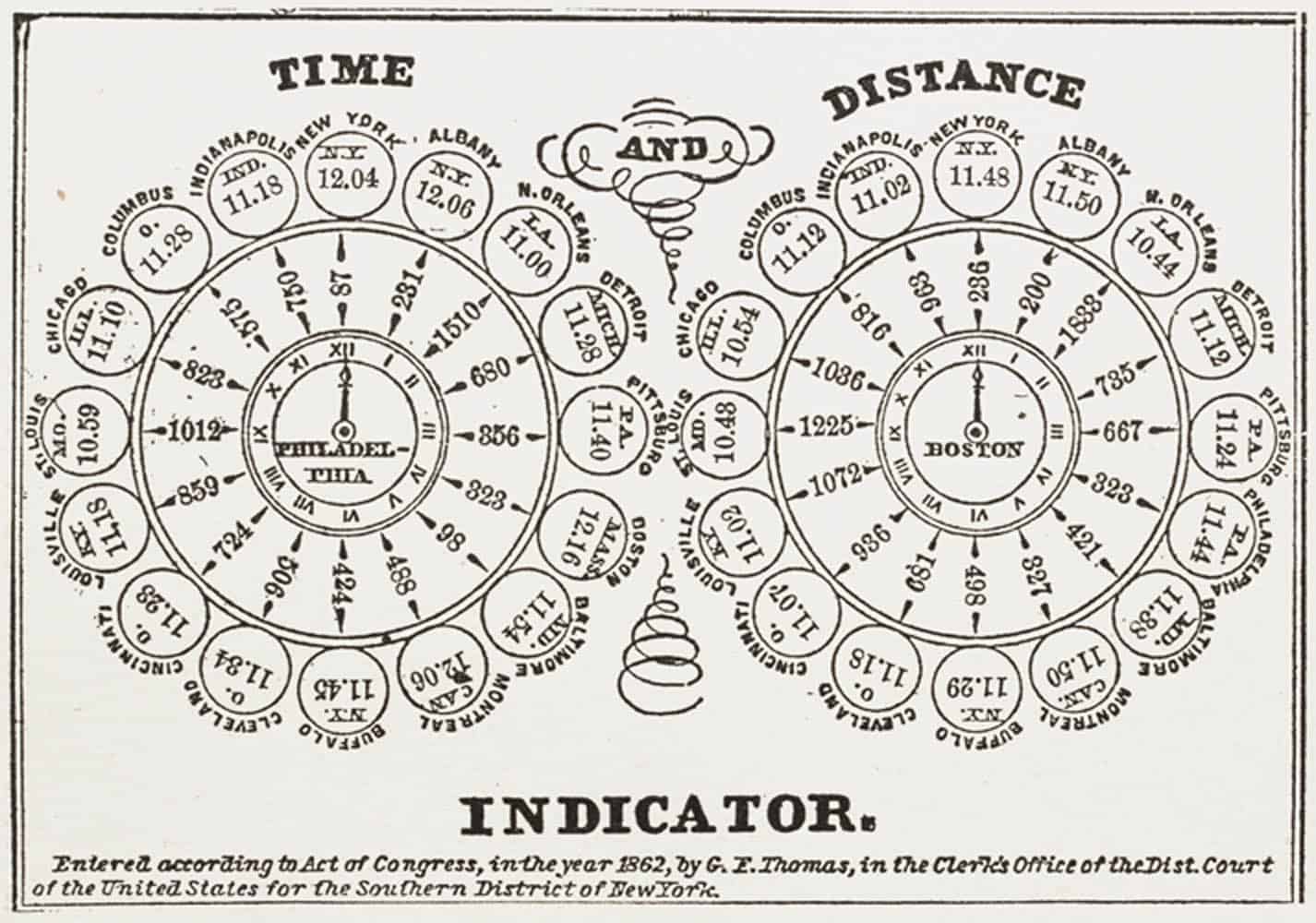In a recent article in The Atlantic, Senior Editor Derek Thompson presented a fascinating read on the effects of economic thought on our conception of time. In it, Thompson draws a direct line through three forces that contributed to our modern understanding of time. He argues:
“First, the conquest of foreign territories across the ocean required precise navigation with accurate timepieces. Second, the invention of the railroad required the standardization of time across countries, replacing the local system of keeping time using shadows and sundials. Third, the industrial economy necessitated new labor laws, which changed the way people think about work.”

His essay covers everything from sundials of ancient Mesopotamia and John Harrison’s Marine Chronometers to military-issued watches and the creation of time zones as a result of rail travel. If you’ve ever uttered, “T.G.I.F,” this one’s for you.
To read the full article, visit The Atlantic.









 Featured Videos
Featured Videos







